Removal of special program coordinating periods results in massive scheduling changes
Students enjoy a relaxing lunch among the chaos of schedule changes and confusion for both students and teachers.
September 6, 2022
On Sept. 6, 2022, the coordinating periods for teachers running special programs such as BioScience and DTech were cut due to current enrollment at Foothill Technology High School (Foothill Tech), leading to various schedule changes for a large majority of students.
Russell Gibbs, the principal of Foothill Tech, explained that “FTHS’s schedule had very high class size averages in English 9, Health, Biology, Art and C3. When we converted the coordinator periods (which do not have students in them) to academic periods, counselors were able to change students schedules and reduce the total number of students in the overloaded classrooms.”
With the overwhelming amount of students, the schedule had to be altered in order to accommodate the numbers. Gibbs explained that “the Biology classes were at almost 45 students before the changes, and now they range from 32 to 38. The same can be said for the other classes with impacts as well.”
“All schools in VUSD [Ventura Unified School District] are staffed (given the number of teachers) according to a ratio of students:teachers as outlined in the teacher contract; for high school, that ratio is 35:1. Even though Foothill has roughly the same number of students as it has in past years and therefore the same number of teachers, students request different classes year-to-year which changes how many periods of Art, English, Science, Math, etc. are needed,” Gibbs explained.
Gibbs also added, “This year, the FTHS schedule that was built in spring, and required many more changes than in years past to avoid oversized classes.”
With teachers losing this period to work on their various programs, it leaves a question on how they will be able to keep their programs running without the extra time. However, Gibbs eased concerns by mentioning that, “The school has opened up our FIRE period to allow teachers to work on program duties.”
Gibbs further explained that, “Allowing them to use the FIRE time offers them an additional two hours a week, amounting to slightly more than half of what they had with a coordinator period. We will supplement the remaining time with a stipend as compensation for their duties.”
Mika Anderson, the BioScience advisor here at Foothill Tech, explained her reaction to the new change by stating that, “I think we all went through stages of disbelief […] because we all thought that our programs were supported.”
Anderson went on elaborating on the great diversity and variation of our programs and how “what makes these programs unique goes beyond the work put in for a generic classroom.”
Stating the issue, Anderson went on to mention that, “Having these cuts literally means that we don’t have the time now to invest the time that we need to develop the programs so that students get the experience that they applied for.”
Anderson continued mentioning that BioScience students aren’t enrolled in the class to sit in the classroom, but rather to go on job shadows and be able to be part of a leadership organization. “It’s just really sad that these special enrichment activities that they signed up for, and what we sold them on is not going to be available to them,” Anderson added.
Anderson is not the only one shocked by this situation. Kurt Miller, the DTech adviser shared his thoughts on this change by expressing, “I felt disheartened and sort of disillusioned with just the institution because this is my 11th year of teaching, and the whole time if someone asks me ‘here do you feel supported‘ or ‘do you feel like your admin respects you‘ my answer was a hundred percent yes.”
In addition, Miller explained how he felt about doing DTech by stating, “I was one hundred percent on board, and part of the reason I was on board was because I had at least a little bit of space to maneuver by just a little bit with this coordinating period.”
Miller added to the statement saying, “As Mrs. Anderson said, it [coordinating period] wasn’t enough time to cover what we were actually doing, but it was something, and at least an acknowledgement that special programs require a special amount of work and that it is ‘not a normal class.'”
Reflecting on his reaction, Miller stated, “It was more just the feeling that I got when I walked away and we [Anderson] were looking at each other in the meeting thinking just what is this school about?”
Miller concluded his reflection with, “It’s not something that I thought would happen here.”
As time has progressed, D-Tech and BioScience have grown as programs; Anderson building BioScience from the ground up almost two decades ago, and Miller giving up his lunches and free time to build DTech.
“It’s absolutely devastating. It’s devastating to know I’ve done all of this without complaint, they ask me to do more and I do more, somehow I squeeze it in, and now tell me again what’s happening?” Anderson stated.
Trying to find the positive side Anderson commented, “I’m trying to put a positive spin on it, because the classes themselves are still going to be great,” and “I’m still going to teach my classes, and they’re still going to learn 1st aid and how to backboard from the confines of the classroom.”
Anderson elaborated by saying, “What’s going to be difficult is preparing that class for what is going to be different, just because of the lack of time in order to prepare the material needs for it.” Anderson added, “What’s hugely different, I feel, is then it just becomes a class,” and “There’s no culture. There’s no professional development. There’s no trade employment where they get to talk to professionals. There’s no networking. There’s no project based learning.”
Anderson later mentioned how students would regularly get to intern with medical students or job shadow at local hospitals such as Community Memorial Hospital (CMH).
The required organization and vaccination paperwork also absorbs much of Anderson’s time. “When am I supposed to have the time to do those things?” Anderson commented.
But despite this inconvenience, Anderson continued to do the extra work for her students because “that’s what they signed up for. That’s why they came to this school.” Same goes for DTech. With the various machines used in the D-Tech class, the expenses and operation is not simple.
Miller elaborated on the fact that students are able to share their experiences with colleges on their applications. Now with less time and maneuverability, they will “have to say no, but those students are being robbed of those things they would write on their application letters. At least for this year,” Miller stated.
Miller stressed that “We are talking about real futures and application letters, this is hypothetical, but there may not be as much to write about there and that’s not going to make a lot of people happy.”
Anderson ended by mentioning that, “if the district prioritizes [the programs] in the web page and in their media to attract enrollment, then they need to support the programs.”
With all these changes, students’ schedules have been manipulated in order to accommodate class sizes and hope for Foothill Tech’s special programs to continue their vital instructional and extracurricular experiences.

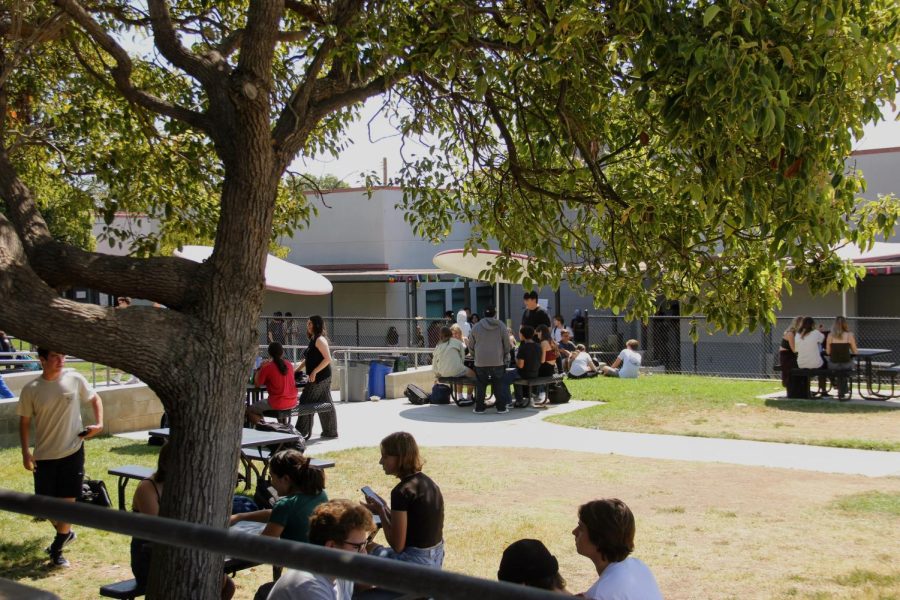
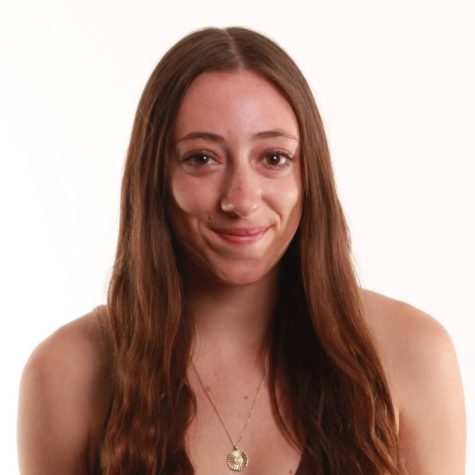
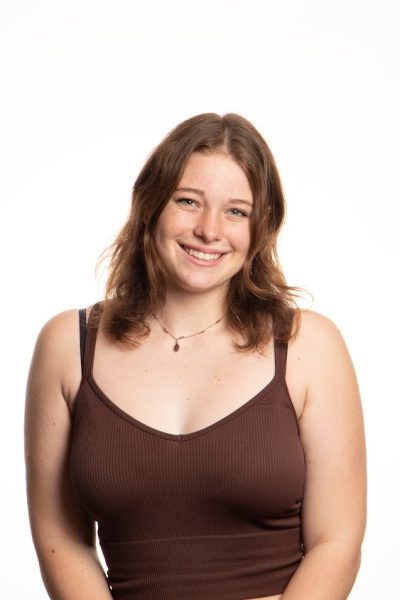




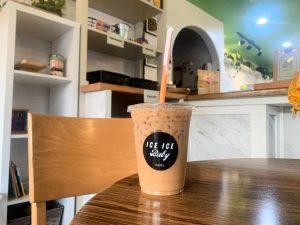

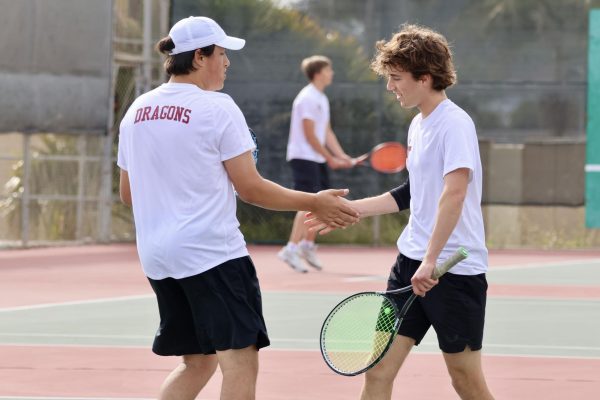
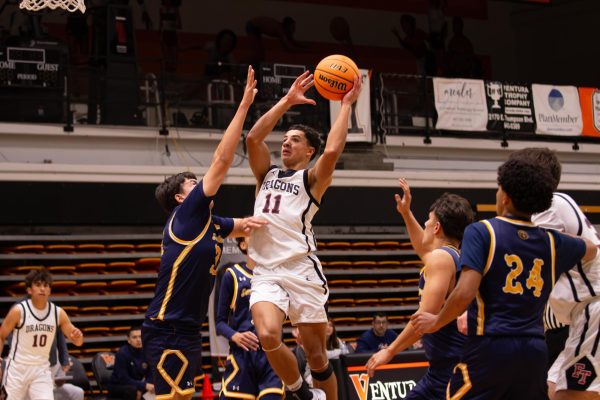
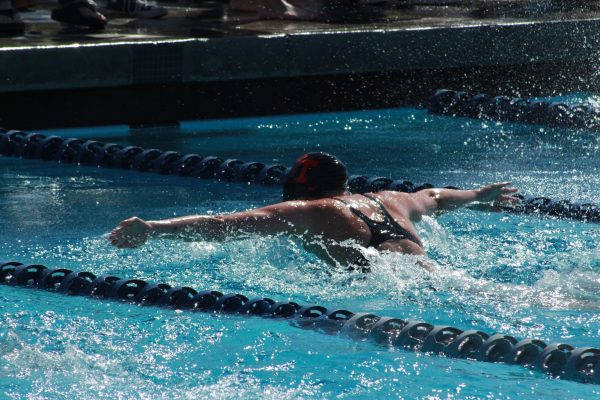
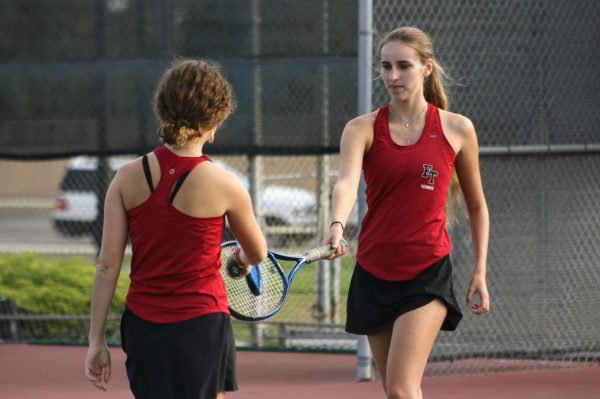
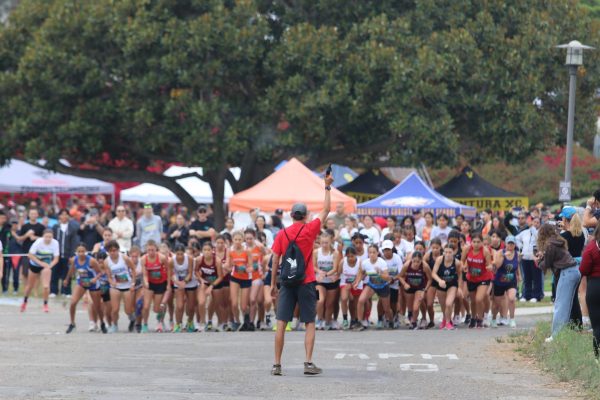

Amanda Perez • Sep 10, 2022 at 6:35 pm
Sad to hear Foothill is going through tough times. During my time at Foothill, these programs engaged students in their studies and empowered them to be leaders. Great reporting FDP.
FDP Alum • Sep 9, 2022 at 12:55 pm
Other than the amazing teachers (most of whom put in so much extra effort for the students), the most desirable and notable aspect of Foothill are it’s special programs. Cripple those programs by cutting their coordination time by more than half and Foothill is just another school that gives out chromebooks…
E. Armstrong • Sep 8, 2022 at 2:41 pm
All could have been avoided if FTHS didn’t over-enroll, but then you have to ask why they did it. Follow the money.
Craig Stevens • Sep 8, 2022 at 2:17 pm
Lets not forget that CAP has been eliminated as well for the student athletes.
Cherie Eulau • Sep 7, 2022 at 4:59 pm
Informative, thorough reporting Emma! Having Mr. Miller and Mrs. Anderson not have FIRE students is an inadequate response. Both teachers use FIRE to help their students.
Alumni • Sep 7, 2022 at 12:29 pm
This is entirely bogus. These are some of the highest recognized student high school programs in the country and they are taken away due to having 5 more extra students in the classroom…that is quite bizarre. Mrs. Anderson spends sO much time ensuring all students are acknowledged and recognized in the classroom. I think that these programs are the last thing that should be revoked from students. Get your stuff together Gibbs and the school board, think of something that lifts are school up not drag it down. If teachers are not having enough time to prep, why not work with them? Work and see what they think is best for their school because I bet that our teachers wouldn’t eliminate these programs. Build extra classrooms, higher more people, and figure out a solution. Overcome and adapt…don’t drag people down…the easy way. The choice was yours and not theirs…who are you honoring?
Chloe Scofield • Sep 7, 2022 at 6:47 am
This is really important stuff Emma, I’m so proud.